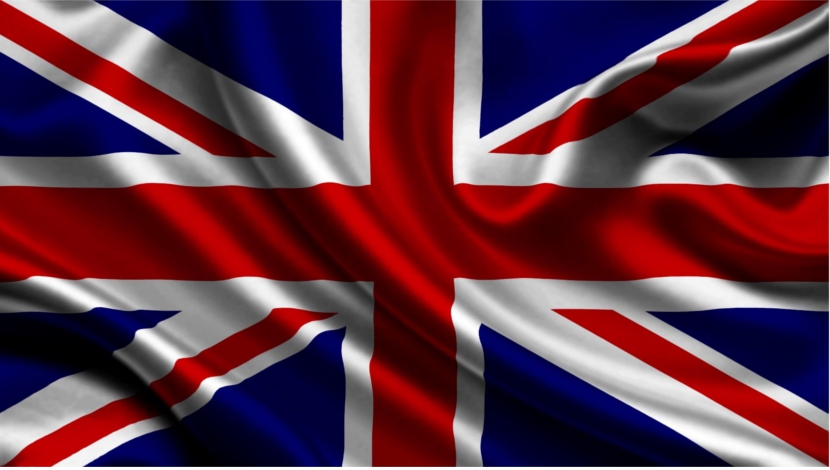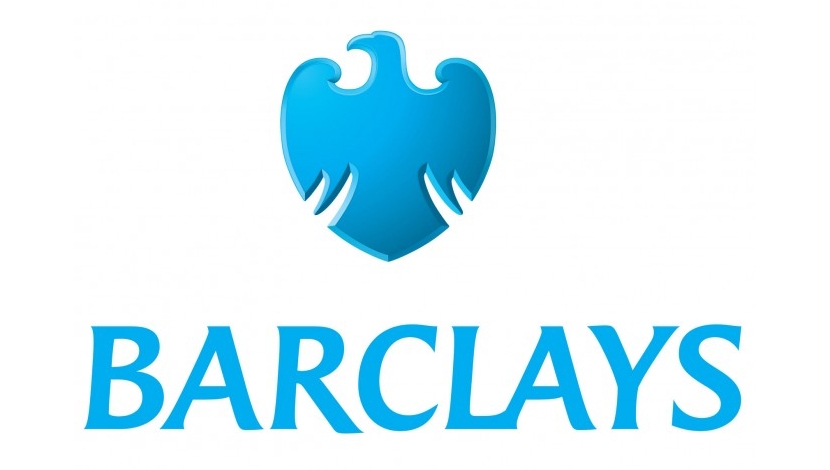

The British government has publicly committed itself to maintaining duty-free access to British markets for the world’s least-developed countries (LDCs, as defined by the United Nations) following the UK’s departure from the European Union (EU). London further expressed a desire to increase trade with these countries, which number 48. This duty-free access, currently granted by the EU, covers all exports from these countries, except for arms and ammunition.
As of May 2016, the African countries on the UN LDC list were Angola, Benin, Burkina Faso, Burundi, the Central African Republic, Chad, Comoros, the Democratic Republic of CongoDjibouti, Equatorial Guinea, Eritrea, Ethiopia, the Gambia, Guinea, Guinea-Bissau, Lesotho, Liberia, Madagascar, Malawi, Mali, Mauritania, Mozambique, Niger, Rwanda, São Tomé e Principe, Senegal, Sierra Leone, Somalia, South Sudan, Sudan, Tanzania, Togo, Uganda and Zambia. However, Equatorial Guinea is expected to “graduate” from this category during this year, and Angola should follow suit in early 2021.
The UK has further given the assurance that existing trade relationships with other developing countries (generally classified as lower middle income countries) would also be maintained and that “costly tariffs” would be avoided. These more prosperous developing countries currently enjoy a mixture of lower or zero tariffs on their exports to Britain and the rest of the EU. Again, the British government has stated a desire to expand trade relationships with these countries.
“Our departure from the EU is an opportunity to step up to our commitments to the rest of the world, not step away from them,” affirmed British International Trade Secretary (Minister) Dr Liam Fox.
“Free and fair trade has been the greatest liberator of the world’s poor, and today’s (June 24) announcement shows our commitment to helping developing countries grow their economies and reduce poverty through trade. The UK imports goods worth some £20-billion a year from developing countries (not just LDCs).
“The UK is using its position as a great, global trading nation to seize opportunities to lift countries out of grinding poverty,” assured International Development Secretary Priti Patel.





